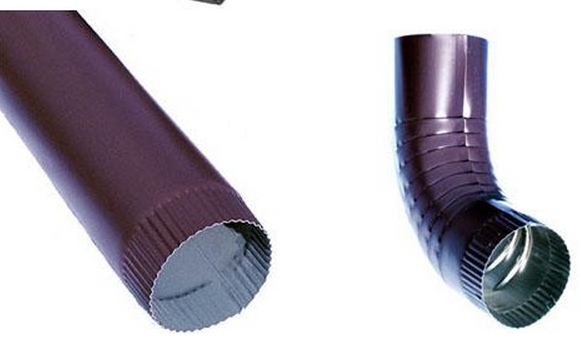
The Importance of Extrusion Machines in Modern Manufacturing
In the realm of modern manufacturing, few machines play as pivotal a role as the extrusion machine. This versatile equipment is essential for processing a variety of materials, particularly plastics and metals, by forcing them through a shaped die to create products with consistent cross-sections. From food packaging to automotive components, extrusion machines contribute significantly to both the efficiency of production processes and the quality of finished goods.
Extrusion is a continuous process whereby raw materials, often in the form of pellets or powders, are fed into the machine's hopper. The materials are then transported through a heated barrel where they are melted and mixed, thanks to the rotation of a screw mechanism. The molten material is subsequently forced through a die, shaping it into the desired profile before it is cooled and solidified. This method not only allows for high-volume production but also provides unmatched precision in creating products with uniform dimensions.
One of the standout features of extrusion machines is their ability to handle a broad array of materials. For instance, they can extrude various types of plastics, including polyvinyl chloride (PVC), polyethylene (PE), and polystyrene (PS). In fact, the development of advanced extrusion technologies has made it possible to work with biodegradable plastics, which are gaining traction due to the growing need for sustainable manufacturing practices. Metals such as aluminum and copper can also be extruded, resulting in strong, lightweight components ideal for industries such as aerospace and automotive.
The benefits of using extrusion machines extend beyond material versatility. Firstly, they improve manufacturing efficiency. The continuous nature of the extrusion process means that products can be produced at a much faster rate compared to other methods. This high throughput is especially advantageous in industries where demand is high, enabling manufacturers to meet tight deadlines and maintain competitive pricing.

Furthermore, extrusion enables the production of complex shapes that would be challenging to achieve with other manufacturing techniques. This capability encourages innovation in product design, allowing for new applications and more functional end products. For example, the unique shapes created through extrusion can enhance the performance of items such as window frames, piping, and even intricate medical devices.
Another significant advantage of extrusion machines is the potential for cost savings. The efficiency of the process translates to lower energy consumption when compared to batch processing methods. Additionally, fewer secondary operations are needed, which reduces labor costs and minimizes waste—factors that are increasingly relevant in today’s economy, where sustainability is paramount.
Moreover, modern extrusion machines are often equipped with advanced control systems, ensuring that every aspect of the process can be finely tuned. This precision control leads to better quality assurance, as manufacturers can monitor product consistency and quickly adjust parameters in real-time to address any issues that arise during production.
In conclusion, extrusion machines are indispensable tools in the manufacturing landscape, offering a combination of efficiency, versatility, and cost-effectiveness. As industries continue to evolve and adapt to new challenges, the importance of extrusion technology will only grow. The ability to innovate while also meeting the demands of sustainability positions extrusion machines at the forefront of future manufacturing solutions, making them integral to both economic and environmental considerations in production.